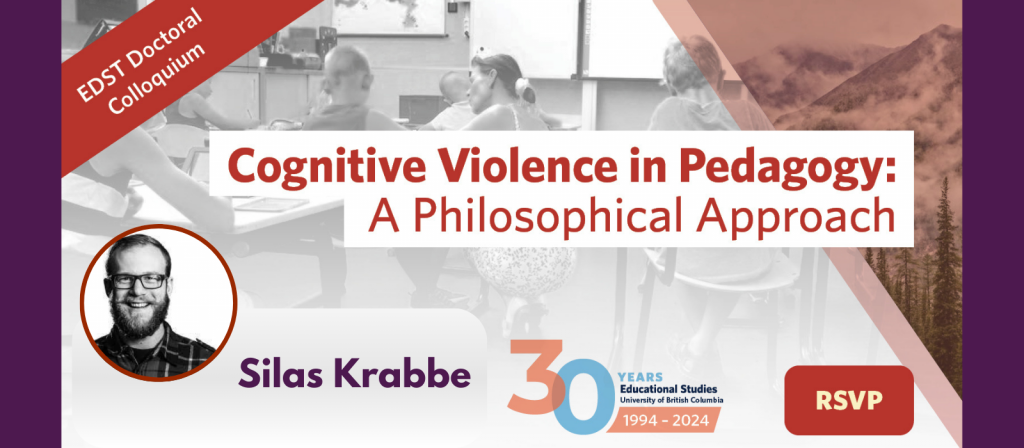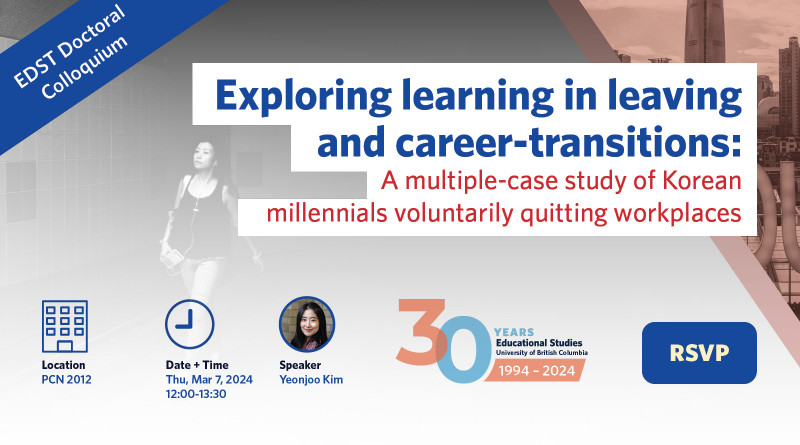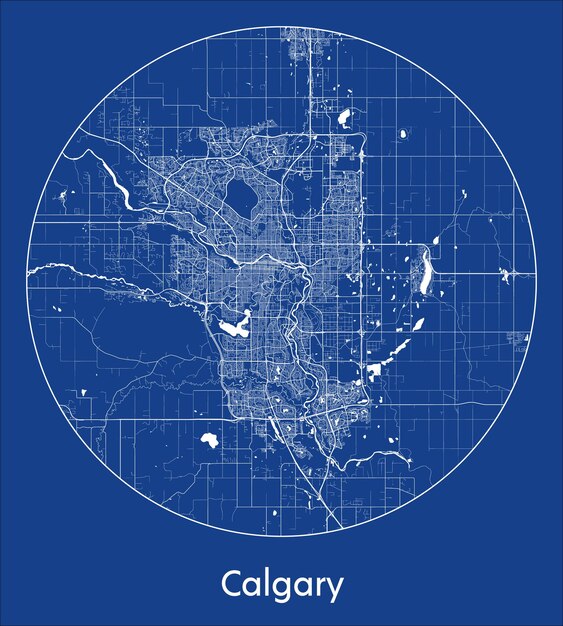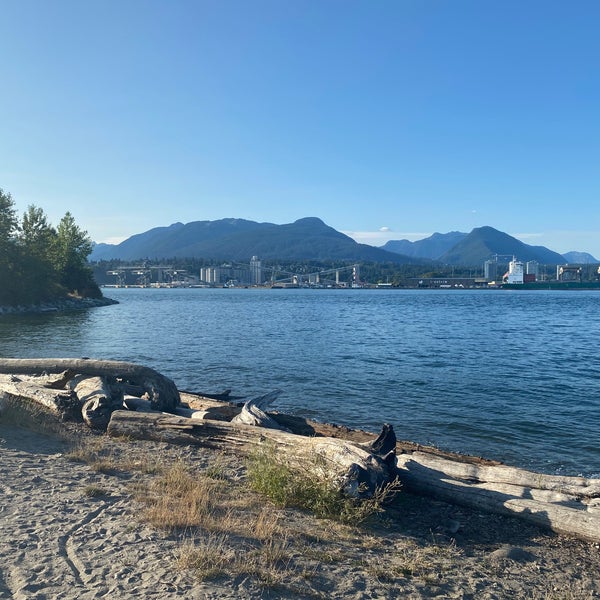In October 2023, EDST began hosting a Doctoral Colloquium. Once a month doctoral students and candidates present their research to EDST students, staff and faculty.
In this blog post:
Colloquium coordinator, Yotam Ronen, recaps Silas Krabbe’s Colloquium.

What is cognitive violence in education? Is it a necessary part of learning? Can we imagine and work towards education without cognitive violence?
These are the timely and vital questions that Silas Krabbe confronts in his doctoral project. In his dissertation, Krabbe aims to describe and understand the phenomenon of cognitive violence in education, and to offer alternatives to it that are firmly situated in the intellectual traditions of those communities who are most affected by violence in education and elsewhere. Using a multi-centric and iterative approach, Krabbe engages with political black theology, phenomenological accounts of violence, encounter in pedagogical theory, communal epistemic violence in literatures on colonialism, and non-violence in political education.
Krabbe’s first claim is that we often associate education as the cure for violence, yet education is itself often violent. Therefore, expecting more education to lead to less violence is a futile exercise. Here, a consideration of violence in education is especially problematic because both violence and education are seen as acts of change: the person changes when they learn, and violence is the experience of harm (change in felt experience) occasioned by one person on another.

The crux of the matter here is that the language we use to describe violence is insufficient in approaching the phenomenon of violence. This is a significant gap that cannot be easily accounted for. Instead of attempting to bridge this gap, Krabbe offers a multi-centric approach that considers the possibility of a multitude of understandings and ideas, and that approaches the topic of cognitive violence through constant iteration as an explicit resistance to logics of linearity.
This approach lends itself especially well to the problem of naming violence. The act of naming requires stretching our imagination towards a phenomenon that exists outside our purview, and in that becomes a problem of theology. Instead of rehashing the common arguments of violence as the right of the sovereign, who both enacts violence and defines it, black theology interrogates the question of violence from multiple directions through discourses on relations to god, the cosmos, and the self. By iteratively observing violence through these multiple discourses, Krabbe aims to identify the moment where the language of violence breaks down.


These moments of breakage can reveal both ontological assumptions that are at the basis of our definitions, and account for the significance and mechanisms through which naming happens. Violence is a singular phenomenon that appears in a flow of phenomena. Its naming is a moment of distortion that must be accounted for because it requires making the phenomenon dead enough for it to be observed.
This process creates a maximal and minimal definition of violence, both problematic for a serious consideration of violence in education. These two definitions are insufficient for an understanding of violence, because they don’t account for the fact that we are changing and are a part of a world that changes constantly. Phenomena are with us and part of us, they move with us and through us, and thus require us to be able to understand them as such.

After critiquing our modes of seeing, defining, and isolating violence as a phenomenon, Krabbe moves to thinking of violence in the pedagogical encounter. He argues that there is asymmetry in pedagogical relations, but that such asymmetry is not inherently violent. It can be, and indeed tends to move towards violence, but does not have to.
Krabbe works through these interrogations of violence to question and understand the phenomenon of cognitive violence and to offer paths towards a less violent, or perhaps non-violent political education. Here violence as a problem of change will meet Krabbe’s tentative claim: that education, learning, and world building can occur without violence. For Krabbe, a multi-centric approach to worlding will address the concern that the imagination of possibilities can take on a colonial framework. Instead, Krabbe will offer pedagogical alternatives that center the role of the educator as one that warns against harm, but that does not predetermine the path forward.
Interested in more from EDST’s Doctoral Colloquium Series?
Check out our Doctoral Colloquium page for more.

PhD candidate, Yeonjoo Kim, will present on the topic of “Exploring learning in leaving and career-transitions: A multiple-case study of Korean millennials voluntarily quitting workplaces.”
Thursday, March 7, 2024, 12-1:30pm in PCN 2012.



 Share
Share




